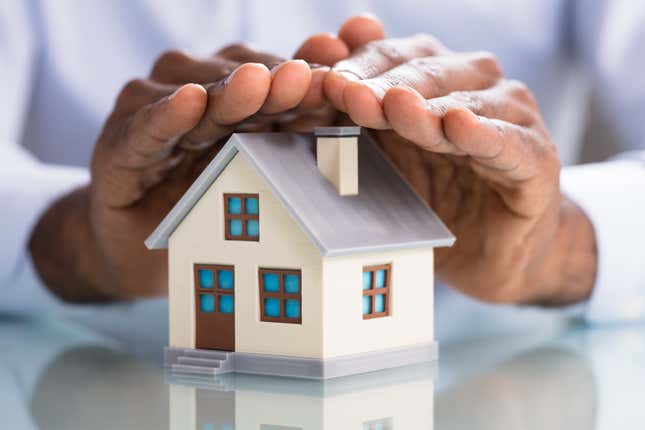
2020 was a record year for homeownership in the United States. According to a report from the National Association of Realtors, U.S. homeownership rose to 65.5 percent in 2020, a more than 1 percent increase from the previous year and the largest recorded increase year-to-year. But unfortunately, African Americans are not getting in on all of this home buying goodness. In fact, homeownership in the black community was lower in 2020 than it was ten years ago. The NAR report noted that black homeownership was at 43.4 percent in 2020, behind whites (72.1 percent) and Asians (61.7 percent). At 50 percent, Hispanic homeownership was at an all time high.
Marcia Fudge, Secretary of the Department of Housing and Urban Development, responded to the report in a statement.“Today, homeownership is the principal source of wealth creation for most American households,” she said. “It is critical that we bridge the racial homeownership gap with intentional solutions that recognize both the persistent history of discrimination and inequity, and the current crisis of housing affordability. ”
The combination of rising home costs and lower inventory have contributed to the inequity and made it especially challenging for first-time African-American buyers. According to the NAR, home prices have risen 30 percent since 2019, while the inventory has dropped to less than 1 million available units. And we can’t forget the other economic disparities that have led to these discouraging numbers. African Americans are more likely to be saddled with student loan debt than any other group, making it harder to save for the all-important down payment on their home. 41 percent of black households are carrying student loan debt, compared to 18 percent of Asian, 22 percent of white, and 26 percent of Hispanic households. Black and Hispanic households are also more likely to be turned down for a mortgage than their white and Asian counterparts, according to the report.
But the NAR is working with other organizations to help make homeownership more accessible to African Americans. The Black Homeownership Collaborative is an effort to increase black homeownership by 3 million by 2030. Among their efforts, the collaborative wants to increase the inventory of affordable homes and provide down payment assistance for black homebuyers.

